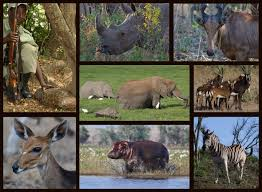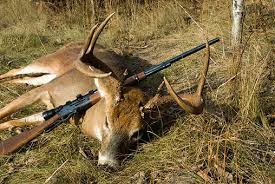Indian Legal System > Civil Laws > Environmental Laws > Wildlife Protection Act, 1972 > Definitions Under Wildlife Act (Section 2) It is to be noted taht the Act covers both animal and plant. Section 2. Definitions – In this Act, unless the context otherwise requires, – 1) “animal” includes amphibians, birds, mammals, and reptiles, […]


